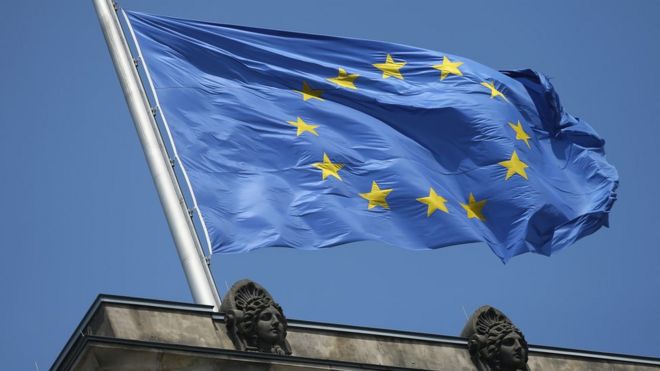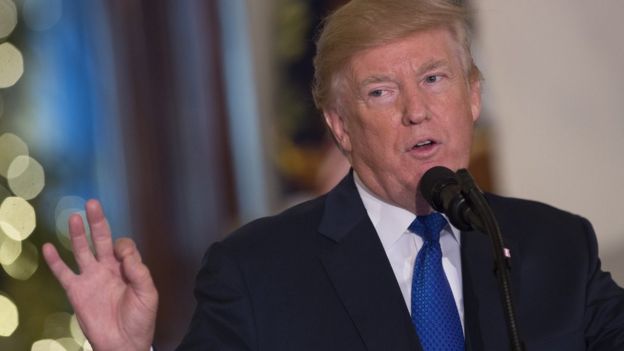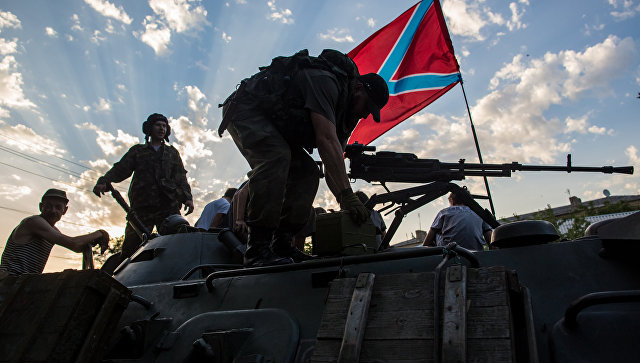
OPCW
Inspectors from the Organisation for the Prohibition of Chemical Weapons (OPCW) inventory a stockpile of 22mm chemical artillery projectiles (file photo).
27 June 2018
Peace and Security
The United Nations chemical weapons watchdog voted in favour of a United Kingdom-led proposal on Wednesday, allocating itself new powers to assign blame for attacks.
The Organization for the Prohibition of Chemical Weapons’ (OPCW), which is made up of Member States, voted by a margin of 82 in favor and 24 against – “to identify the perpetrators of the use of chemical weapons in the Syrian Arab Republic”, where the Fact-Finding Mission in the country has decided that weapons have been used, or are likely to have been used.
Until the vote by States Parties on Wednesday, OPCW could only say whether chemical weapons had been used, but not by whom.
“I have not hesitated in pointing out that currently there is no mechanism that would ensure that those who use chemical weapons are held fully accountable,” OPCW Director-General Ahmet Üzümcü stated at the opening of the Special Session Conference of the States Parties to the Chemical Weapons Convention (CWC).
“Investigations of alleged use of chemical weapons are essential if we are to preserve the core norms of the Convention, its credibility, and its integrity,” he added, saying that chemical weapons use is a serious offence requiring resolute action.
According to news reports, the European Union and the United States supported the UK-led move to expand the OPCW’s powers, while Iran, Syria and Russia opposed the move as going beyond its mandate.
The UK introduced the motion, after a chemical agent was used to poison a former Russian intelligence officer in the English city of Salisbury, in early March. OPCW inspectors confirmed on 18 April, that a toxic chemical of “high purity” had been used. The UK accused Russia of being the source, but Russia has firmly rejected that charge.
Investigations of alleged use of chemical weapons are essential – Ahmet Üzümcü, OPCW Director-General
Wednesday’s decision of the OPCW condemned “in the strongest possible terms” the use of chemical weapons by anyone under any circumstances, anywhere, calling it “unacceptable,” and contravening international norms and standards.
Moreover, it condemned the use of chemical weapons since 2012 in Iraq, Malaysia, Syria and the UK, as well as by State and by non-State actors as a “direct threat” to the object and purpose of the Chemical Weapons Convention (CWC).
The States Parties also reiterated the role of the OPCW Executive Council on cases of non-compliance and requested the Secretariat preserve and provide information to the General Assembly-established investigative mechanism, as well as to any relevant UN investigatory entities.
“If accountability is avoided, the potential re-emergence and acceptance of chemicals as weapons of war and terror will not be deterred,” stressed Mr. Üzümcü.
As the CWC’s implementing body, the OPCW oversees the global effort to permanently eliminate chemical weapons. Since its 1997 entry into force – with 193 States Parties – it is the most successful disarmament treaty ever, eliminating an entire class of weapons of mass destruction.
https://news.un.org/en/story/2018/06/1013322
http://creativecommons.org/licenses/by/3.0/legalcode
 Правообладатель иллюстрации GETTY IMAGES Image caption
Правообладатель иллюстрации GETTY IMAGES Image caption  Правообладатель иллюстрации GETTY IMAGES Image caption
Правообладатель иллюстрации GETTY IMAGES Image caption
















